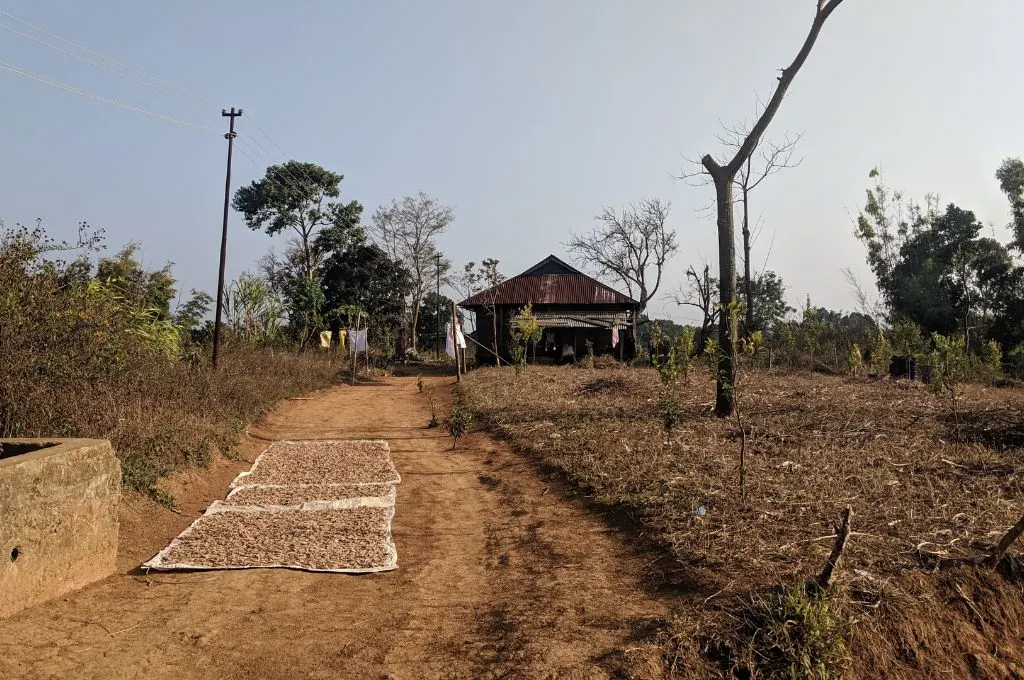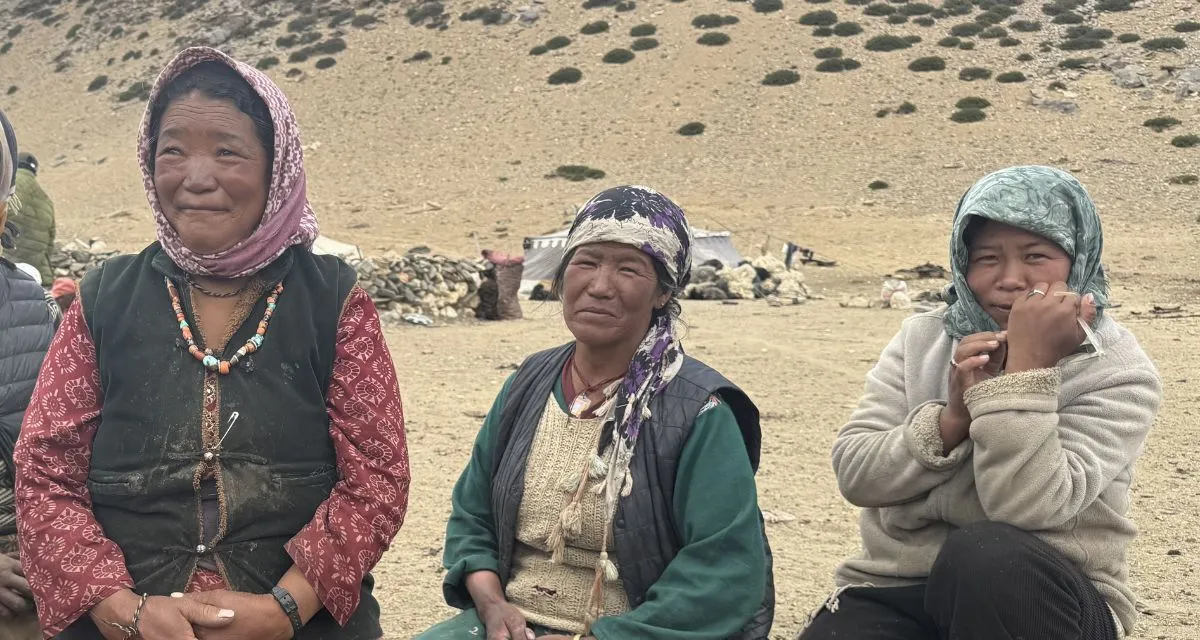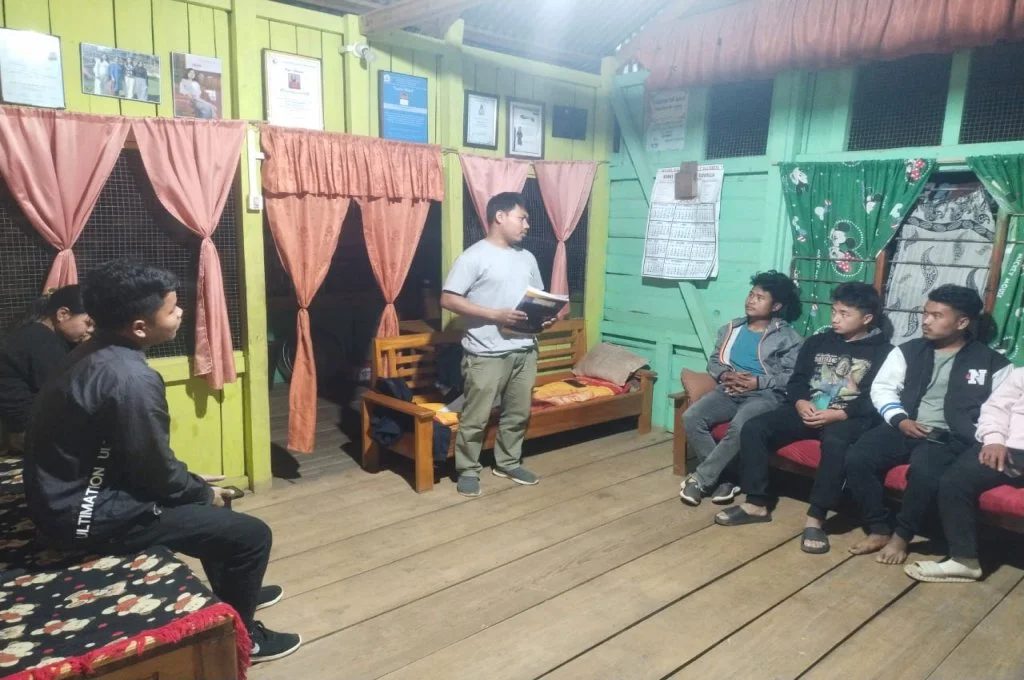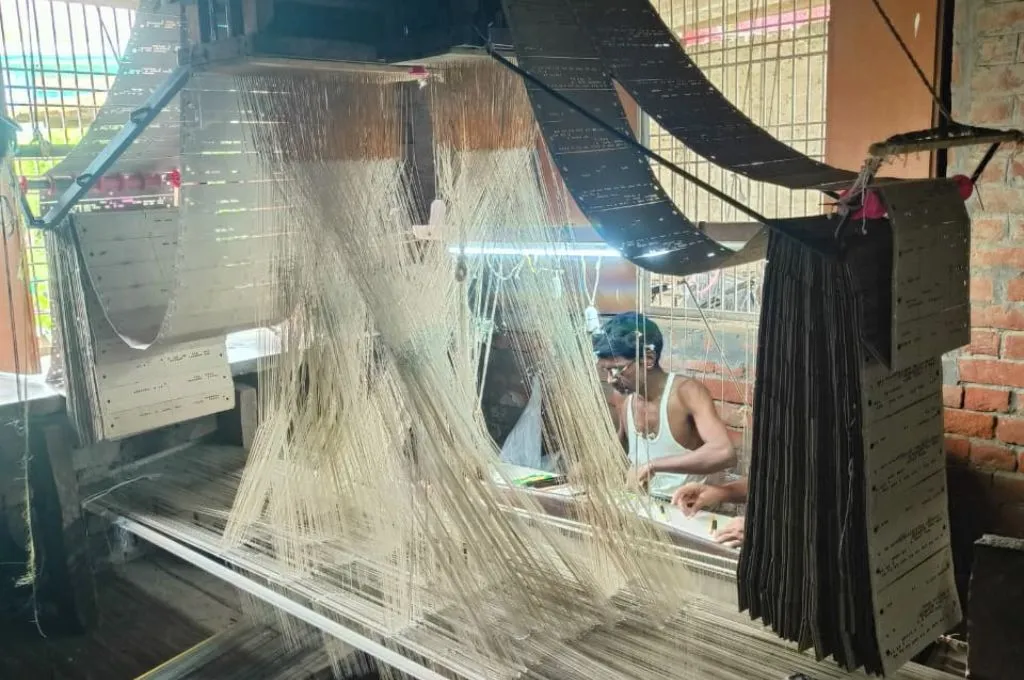READ THIS ARTICLE IN
Homeless and forgotten: Bhopal’s gas tragedy survivors struggle for shelter

On December 22, 2022, the Railways and the district administration of Bhopal, Madhya Pradesh, demolished 250 illegal houses built on the railway land near the Union Carbide factory. Till now, the 153 families that were residing in these houses have not been relocated. Residents of Annu Nagar and Shriram Nagar are living on the debris of their homes, surviving the cold, rain, and heat under tarpaulin sheets. The rest of the families have migrated to other parts of the city.
Rachna Dhingra, director of Bhopal Group for Information and Action that works with the victims of the Bhopal gas tragedy, says that Annu Nagar and Shriram Nagar are colonies with victims of gas and water poisoning. The gas victims are those who have faced the consequences of breathing the poisonous air released from the Union Carbide factory in 1984. And the water victims are those who have suffered due to the toxic waste buried in the Union Carbide factory premises. They have also been affected by the continuous use of contaminated water from the pond near the factory over the years.
Rafiq, a resident of Annu Nagar, says, “Fourteen months have passed, but we haven’t got the land. When our house was being demolished, the administration said that we would be given another place to build a house. The municipal corporation employees also told us that if we pay INR 2 lakh in instalments under the PM Awas Yojana, we will get a permanent house through the scheme. At that time the tehsildar had given us a token number, promising to inform us about the place in two to four days, but there is still no trace of it. I have a mother, a wife, and three children. We have been living here under a tarpaulin sheet for a year. I went to the tehsildar several times with the token, but now no one is saying anything.”

The settlements are mostly occupied by Muslim and Dalit communities. For the past year, people have been living without electricity, sanitation, and other basic resources.
Najma, another resident of Annu Nagar, says, “When our houses were being demolished, we kept shouting but no one listened to us. We have made a roof by tying together tarpaulin sheets and clothes, but when a strong wind blows, we get scared. During heavy storms, tins and tarpaulin sheets fly off many houses. Will these officers understand our problems?”
“Our families have been living here for the last 30 years, but despite this, our names have been removed from the voter list. We could not vote in the last assembly elections. First the administration made us homeless, and then took away our right to vote,” says Najab Khan, who lives in Annu Nagar.
Organisations working with the gas victims went to the district collectorate in January 2024 and staged a protest, demanding the rehabilitation of 153 families. A list of the victim families was also handed to them. The Bhopal district collector too assured the victims that they would be relocated under the PM Awas Yojana. However, not a single family has been rehabilitated till now.
Ankit Pachauri is part of the editorial team at The Mooknayak.

—
Know more: Learn how the houses of pheriwalis were demolished in Delhi without prior notice.
Do more: Connect with the author at ankita2znews@gmail.com to learn more about and support his work.




